North Dakota has joined a growing number of U.S. states considering Bitcoin as part of their financial strategies. On Friday, the North Dakota State Legislature introduced Resolution 3001, which proposes investing “select state funds in digital assets and precious metals” to mitigate the impact of inflation.
The resolution, backed by Representatives Nathan Toman, Matthew Heilman, Jared Hendrix, Daniel Johnston, SuAnn Olson, and Todd Porter, along with Senators Jeff Barta and Bob Paulson, emphasizes the need to adapt to changing economic conditions. “Whereas changing economic conditions and emerging investment opportunities require prudent investment of the state's financial resources,” the resolution states.
If approved, the measure would authorize the State Treasurer and Investment Board to allocate portions of key state funds toward digital assets. While Bitcoin is not explicitly named in the proposal, its inclusion aligns with a broader trend of integrating digital currencies into public financial frameworks.
John Bjornson, Director of the North Dakota Legislative Council, clarified that the resolution is advisory and does not carry the force of law. “The resolution is simply encouraging the State Treasurer and the State Investment Board to look at investing in different types of assets rather than what they currently do,” Bjornson told Decrypt. He added that specifics, such as the definition of “digital assets,” would be better suited for formal legislation.
On the same day, New Hampshire introduced legislation for a state Bitcoin reserve. Although the proposed bill did not explicitly name Bitcoin, the cryptocurrency would likely qualify based on market capitalization criteria. Unlike New Hampshire’s initiative, North Dakota’s resolution does not set similar parameters.
“The state that is last to build Bitcoin reserves will lose,” New Hampshire Representative Keith Ammon remarked to Decrypt. “It’s urgent that states act sooner than later, and that takes some education on the part of state officials.”
North Dakota’s proposal reflects a growing trend among states such as Florida, Texas, Pennsylvania, and Ohio, all of which are exploring Bitcoin reserves as a hedge against inflation and a potential strategic asset. Louisiana has already begun accepting Bitcoin and the USDC stablecoin for payments, underscoring the expanding role of cryptocurrencies in public finance.
Resolution 3001 is set for a vote on Tuesday. If passed, it would signal another step in the mainstream adoption of digital assets by state governments, further solidifying Bitcoin’s position as a potential cornerstone of public financial policy.





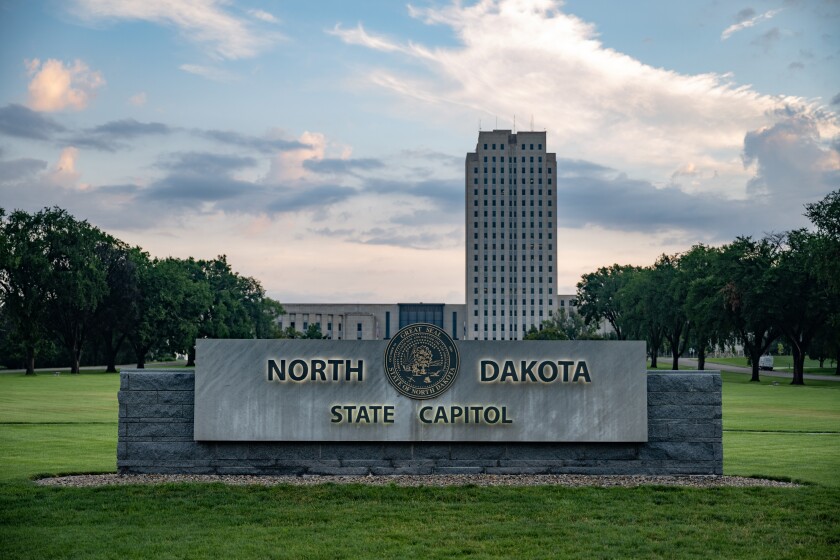


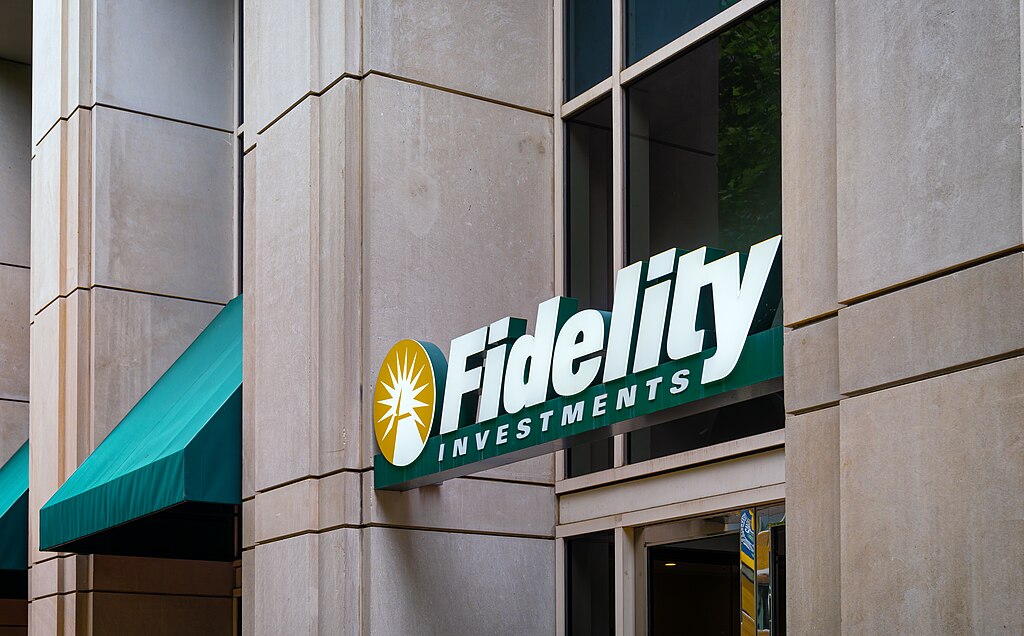
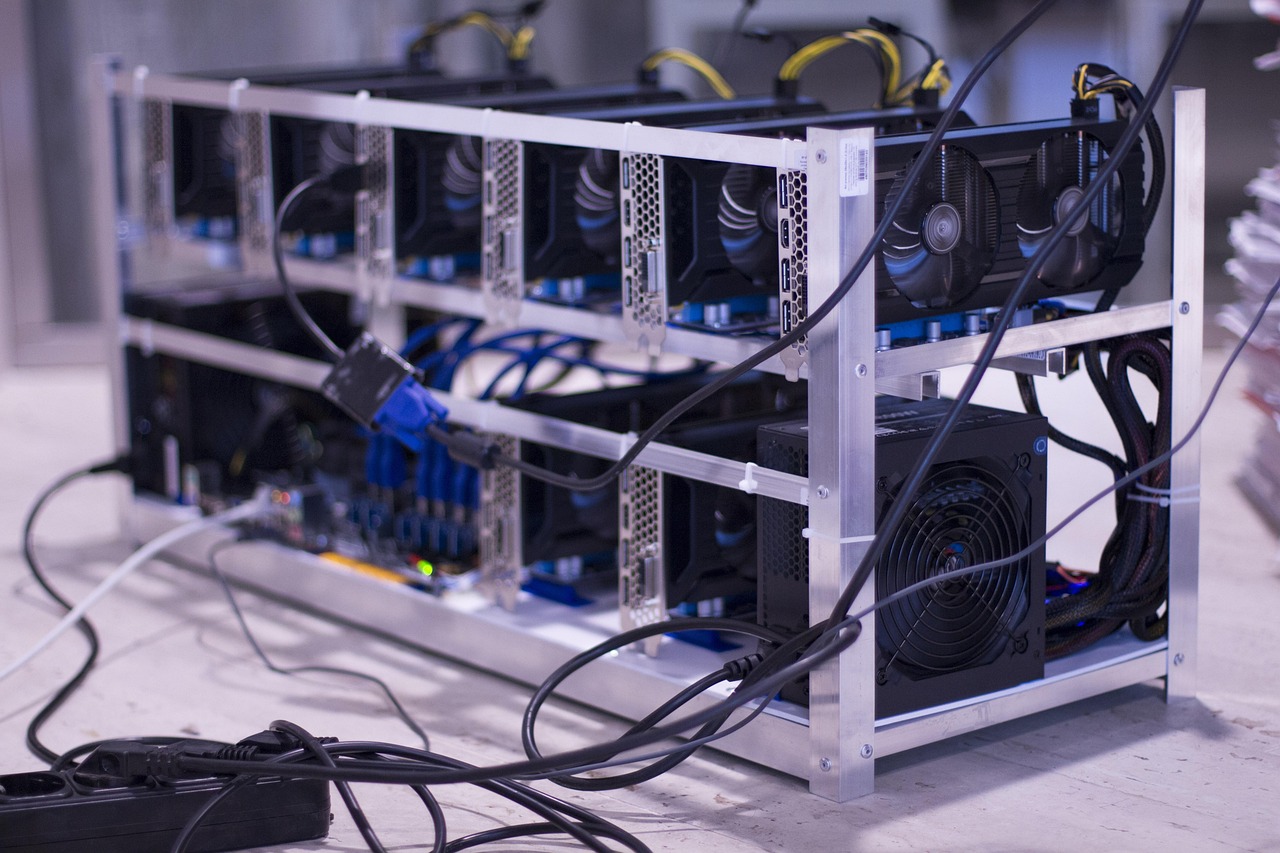









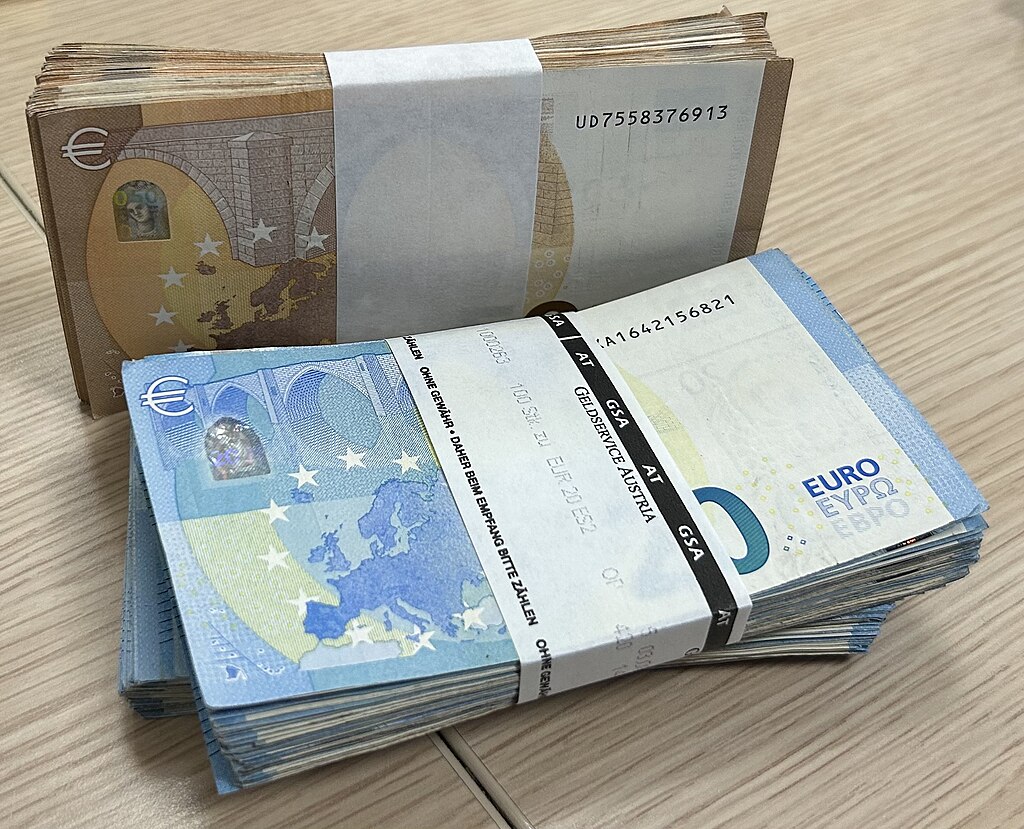

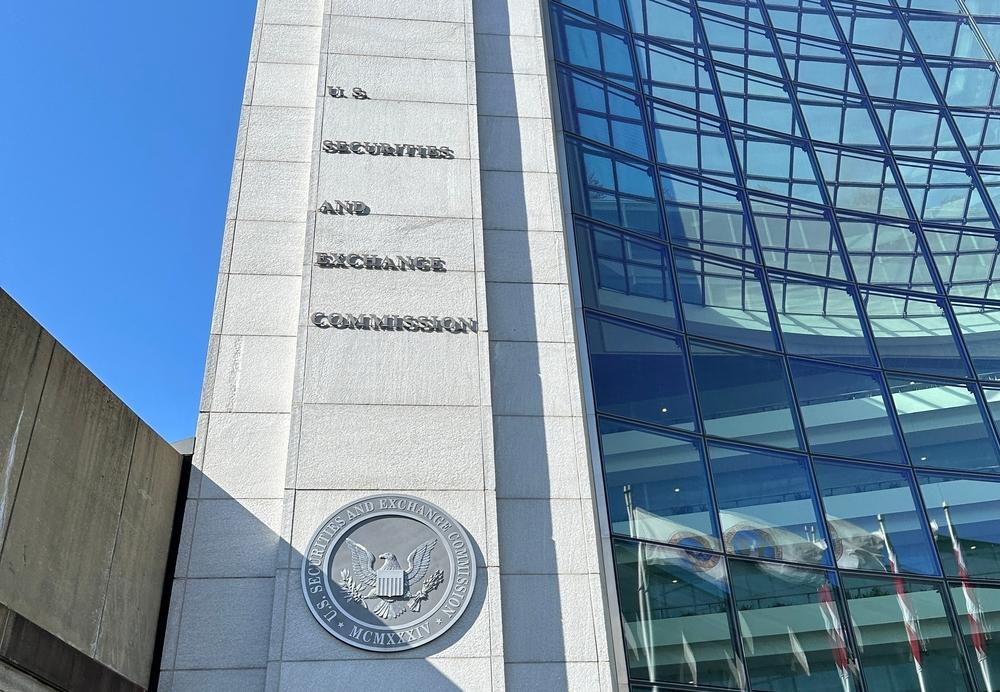


Comment 0